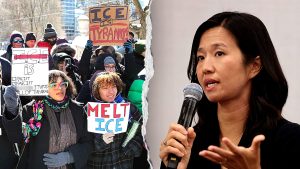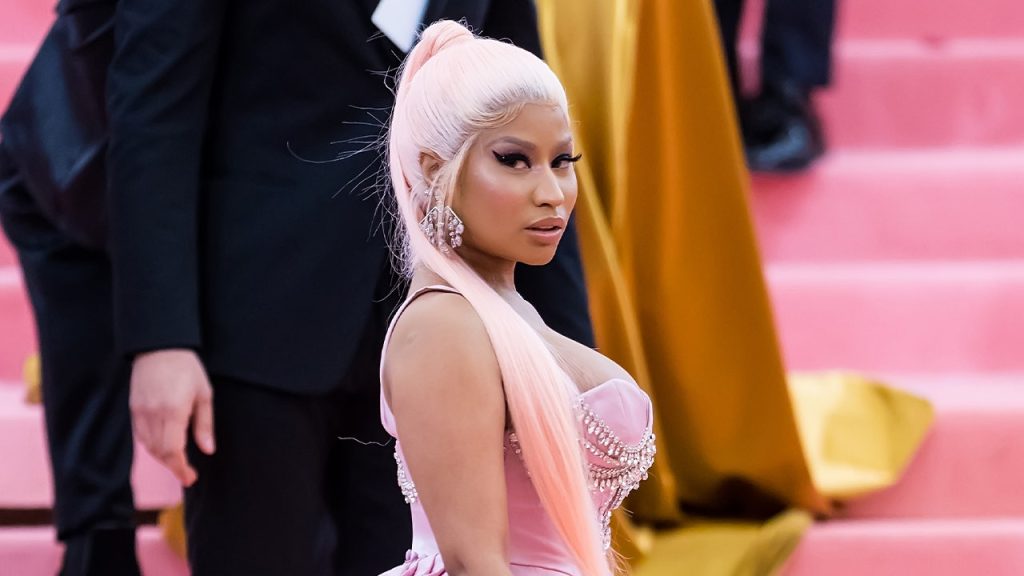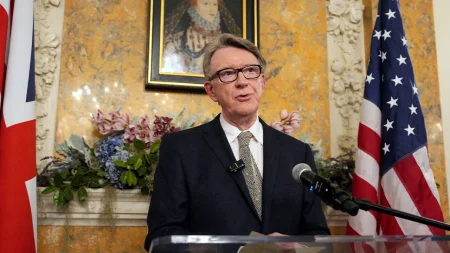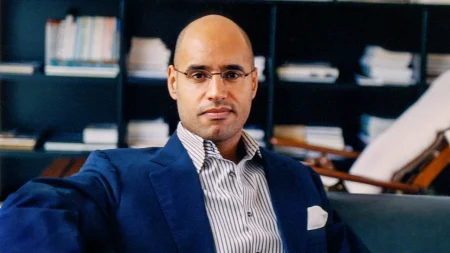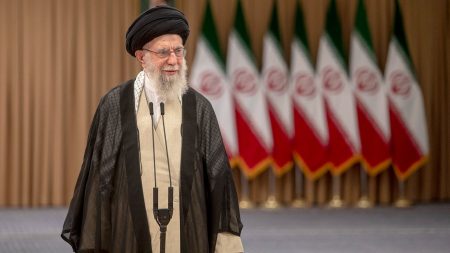Nicki Minaj’s Unexpected Advocacy Shines Light on Nigerian Christian Persecution
Rap superstar Nicki Minaj has emerged as an unlikely but powerful voice in the fight against religious persecution, focusing her considerable platform on the plight of Christians in Nigeria. This remarkable development will culminate in Minaj addressing the United Nations alongside U.S. Ambassador to the U.N. Mike Waltz. Human rights lawyer Knox Thames has expressed appreciation for Minaj and other celebrities like Bill Maher who have recently brought attention to this long-neglected humanitarian crisis. “The challenges in Nigeria have been happening for decades, and they’ve largely been ignored. So I welcome these unsuspecting allies shining a light on this,” Thames remarked. His statement underscores a critical reality: sometimes it takes voices from unexpected quarters to focus global attention on persistent human rights violations that have faded from mainstream awareness.
The situation in Nigeria represents a humanitarian crisis of staggering proportions, with Thames noting that “the body count is just too high to ignore.” While carefully avoiding definitive classification of the violence as genocide—a specific legal term under international law—Thames emphasized the undeniable fact that “thousands of Christians have been killed” over the past two decades. This systematic violence has created what some observers describe as an “existential threat” to Christianity in parts of Nigeria. The scale and persistence of these attacks have gradually created a desperate situation that humanitarian organizations have struggled to adequately address, with many affected communities feeling abandoned by the international community. Despite the religious dimension of the violence, the complex interplay of ethnic tensions, resource competition, and governance failures has made addressing the root causes particularly challenging.
Former President Donald Trump’s recent designation of Nigeria as a “country of particular concern” has amplified attention to the crisis. In an October 31 statement, Trump declared, “Christianity is facing an existential threat in Nigeria. Thousands of Christians are being killed. Radical Islamists are responsible for this mass slaughter.” His announcement continued, “The United States cannot stand by while such atrocities are happening in Nigeria, and numerous other countries. We stand ready, willing, and able to save our great Christian population around the world!” This designation represents a significant policy shift that formally acknowledges the severity of religious persecution in the West African nation. Though critics might question the timing or political motivations behind such a designation, it nonetheless creates diplomatic pressure and potential consequences that could influence the Nigerian government’s approach to protecting religious minorities.
Minaj’s response to Trump’s designation revealed a deeply personal connection to the issue of religious freedom. “Reading this made me feel a deep sense of gratitude,” she wrote. “We live in a country where we can freely worship God. No group should ever be persecuted for practicing their religion. We don’t have to share the same beliefs in order for us to respect each other.” Her words reflect a universal principle that transcends political divides—the fundamental human right to practice one’s faith without fear of persecution or violence. Minaj’s engagement with this issue demonstrates how celebrities can leverage their influence beyond entertainment, using their platforms to advocate for causes that might otherwise struggle to gain widespread attention. Her involvement has already succeeded in bringing the Nigerian crisis to audiences that humanitarian organizations and policy experts have struggled to reach.
The upcoming United Nations appearance represents a significant elevation of both the issue and Minaj’s role as an advocate. Ambassador Waltz expressed his appreciation for the rapper’s involvement, stating on social media: “I’m grateful she’s leveraging her massive platform to spotlight the atrocities against Christians in Nigeria, and I look forward to standing with her as we discuss the steps the President and his administration are taking to end the persecution of our Christian brothers and sisters.” This collaboration between a U.S. diplomat and a global entertainment icon highlights how unconventional partnerships can sometimes create powerful advocacy coalitions. The United Nations setting provides an international stage that could potentially catalyze broader diplomatic engagement with Nigeria’s religious freedom challenges and pressure for more effective protection measures.
Minaj’s response to the ambassador revealed both humility and determination regarding her advocacy role. “Ambassador, I am so grateful to be entrusted with an opportunity of this magnitude. I do not take it for granted. It means more than you know,” she wrote. “The Barbz and I will never stand down in the face of injustice. We’ve been given our influence by God. There must be a bigger purpose.” Her mention of “Barbz”—the nickname for her passionate fan base—suggests she intends to mobilize her followers in support of Nigerian Christians, potentially creating a new generation of human rights advocates. This represents a powerful example of how celebrity influence can be channeled toward humanitarian causes, potentially transforming casual fans into engaged global citizens. As Minaj prepares to address world leaders at the United Nations, her unexpected journey from entertainment icon to human rights advocate offers a compelling reminder that the fight against religious persecution requires diverse voices from all sectors of society.
